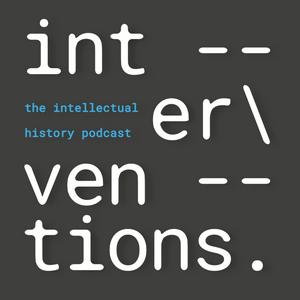Theophrastus was an ancient Greek philosopher. He wrote widely on topics including metaphysics, plant-life, dizziness, odours, and juice. Most notably, though, he was the author of a colourful text detailing the vices of thirty typical characters from Athenian city life. The impact of this short book of sketches, known simply as Characters, was prodigious. In early modern Europe, it spawned an entire tradition of character sketching and character classifying which, for a period of some two hundred years, formed a central current in the great stream of moral and political philosophy.
Join Katie Ebner-Landy, author of the path-breaking Character Sketch as Philosophy: Manners, Mores, Types, as she uncovers the history of Theophrastus’s peculiar work, revealing a forgotten way of doing moral philosophy, one centred not on hidden principles but the characterisation of personality. Hosted by Sam Tchorek-Bentall and Joshua Shortman


